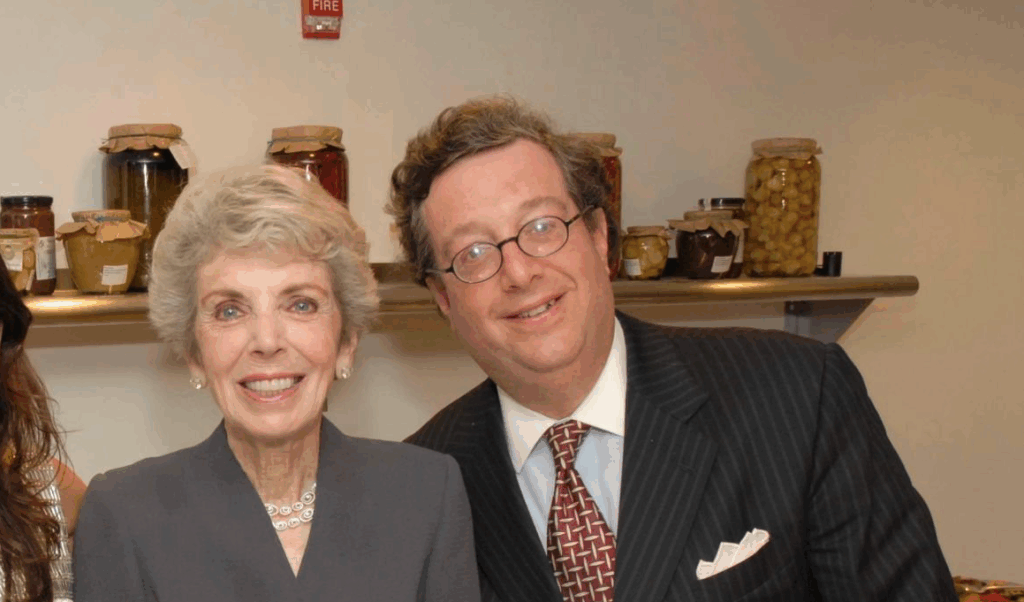If you happen to accumulate significant wealth, your children might be very grateful if you ensure you pass away in a state without estate taxes, such as Florida, Nevada, or Texas. On the other hand, if you die while living in states with high taxes like California, New York, or New Jersey, your heirs could face a hefty financial burden.
The Stakes of Residency for Wealthy Individuals
Consider a hypothetical individual with a net worth of $100 million. If this person dies in a state like Florida, Nevada, or Texas, their heirs would owe absolutely nothing in state taxes. Conversely, if they were residing in California, New York, or New Jersey at the time of death, their heirs could be liable for tens of millions of dollars in state income and estate taxes.
The lengths to which affluent individuals will go to establish a new state residency are quite extraordinary. Simply obtaining a new driver’s license is often not sufficient. Auditors have been known to request extensive documentation, including evidence of local healthcare providers, utility bills reflecting regular usage, and even mobile phone GPS data to confirm actual residency. They may also require individuals to change banks, join local clubs, and ensure that deliveries and subscriptions are registered to their new address. All these elements can serve as proof of residency, and any lingering ties to their former states—like visiting an old apartment—could jeopardize their claims of relocation.
Such scrutiny can lead many wealthy individuals to take drastic measures, with some resorting to questionable tactics to feign residency changes.
The Legal Battle Over a $100 Million Estate
The latest twist in high-society tax affairs involves a significant estate valued at approximately $100 million, a questionable Florida address, and a furious heir from Barneys New York who has launched a contentious lawsuit against his siblings.
The backdrop of this drama involves Barneys, a storied luxury retailer founded in 1923 by Barney Pressman. Initially a modest men’s discount clothing shop in Manhattan, Barneys grew into a fashion institution, with high-profile clientele and an international presence by the 1990s. The transformation was largely driven by Pressman’s son, Fred, who introduced luxury European designers to American shoppers during the ’60s and ’70s.
After Fred’s passing in 1996, his wife, Phyllis Pressman Gurwin, continued to play a significant role in the fashion world until her death in 2024. Her estate, worth over $100 million, included a lavish Southampton mansion and an Upper East Side apartment, but a crucial family dispute erupted following her passing.
In her will, the majority of Phyllis’s estate was divided among three of her four children: Gene, Elizabeth, and Nancy. Bob Pressman, however, received nothing, leading him to file a lawsuit accusing his siblings of fraud. He claims that Phyllis was never a Florida resident at the time of her death and had actually been living in Southampton for the past six years. This mismatch could lead to substantial tax liabilities—possibly upwards of $20 million in estate taxes—if New York tax authorities determine she was a legal resident of the state.
Bob’s allegations extend to accusations that the estate documents were manipulated to reflect a Florida address while transferring assets to shield them from taxation. If successful, Bob could not only avenge his exclusion from the will but also potentially secure a significant whistleblower payout due to New York’s False Claims Act, translating into a financial windfall even amidst family strife.

Meet William, a proud Bethel University alumnus with a fervent passion for lifestyle and culture topics. His keen interest doesn’t stop there; he’s also deeply engrossed in current events of all kinds. William dedicates himself wholeheartedly to this site, thriving on the collaborative energy he shares with Suzanne, his long-standing partner in crime.
Having navigated their university courses side by side for years, their teamwork on the site is nothing short of dynamic. Together, they bring a unique blend of insights, proving that two heads are indeed better than one in delivering compelling content.













